In the Spring of 2020, as we were in full force preparing the 3rd Workshop on Obfuscation, COVID-19 was recognized by the World Health Organization as a pandemic. In waves that hit all parts of the world with varying degrees of severity, the pandemic continues to rip across most of the globe. With lockdowns, people’s and governments’ dependency on digital technologies have been intensified. Platforms of all kinds have become the site of small pleasures of a socially distanced life as statistics (numbers of deaths, new infections, R-rates) have become an essential part of people’s daily orientation. Facemasks have entered the space of facial covers, a space that was contentious long before the trajectories of droplets became common knowledge. Governments, pressed by the urgency of the moment, turned to tech companies with their already rolled out global tracking infrastructures for scaling up public health services like contact tracing. In the process, false dichotomies were presented as the only real choices, options between lockdown or surveillance, economy or the social.
Obfuscation strategies represent creative ways to evade surveillance, protect privacy, improve security; as well as protest, contest, resist and sabotage technology. Obfuscation methods render data more ambiguous, difficult to exploit and interpret, less useful. They rely on the addition of gibberish, meaningless data; they pollute, add noise, randomize. Obfuscation invokes an intuitive form of protection: it distorts that which is visible to render it less (or in)visible. It hides the trees among the forest.
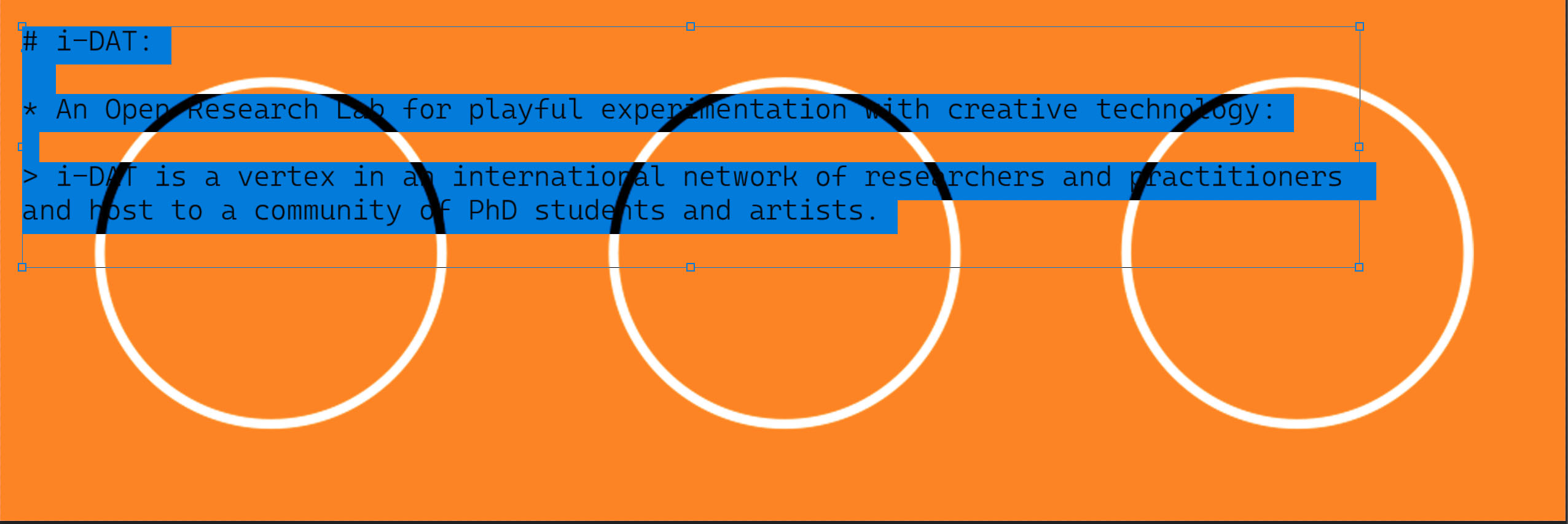
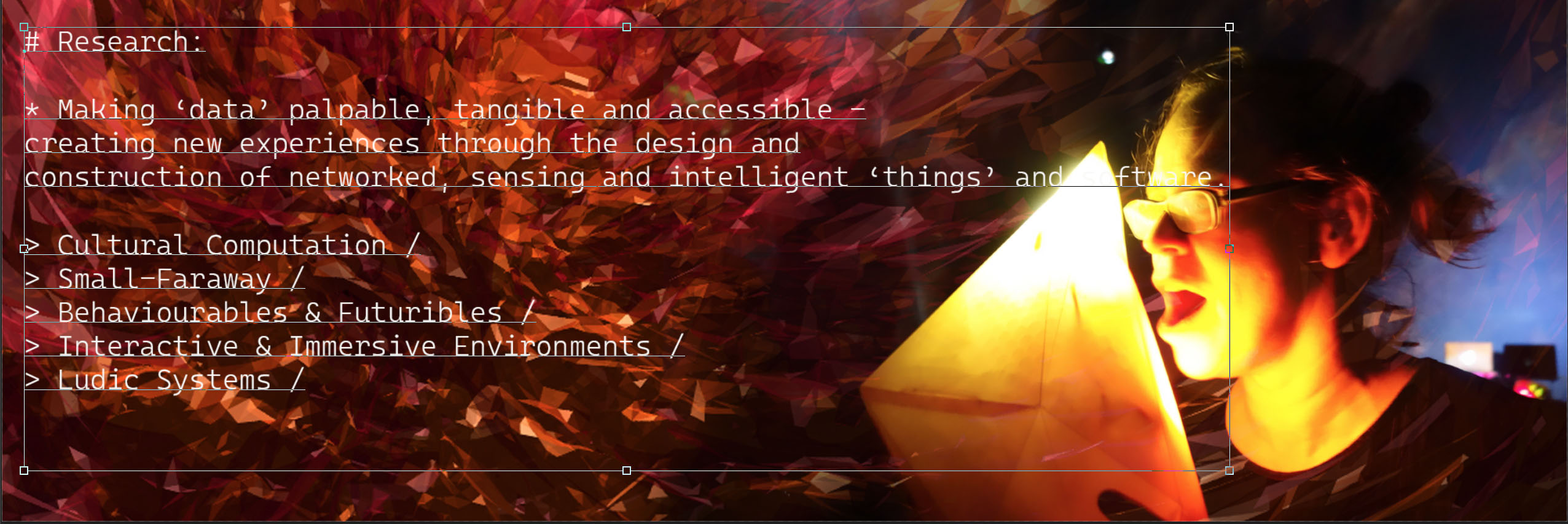
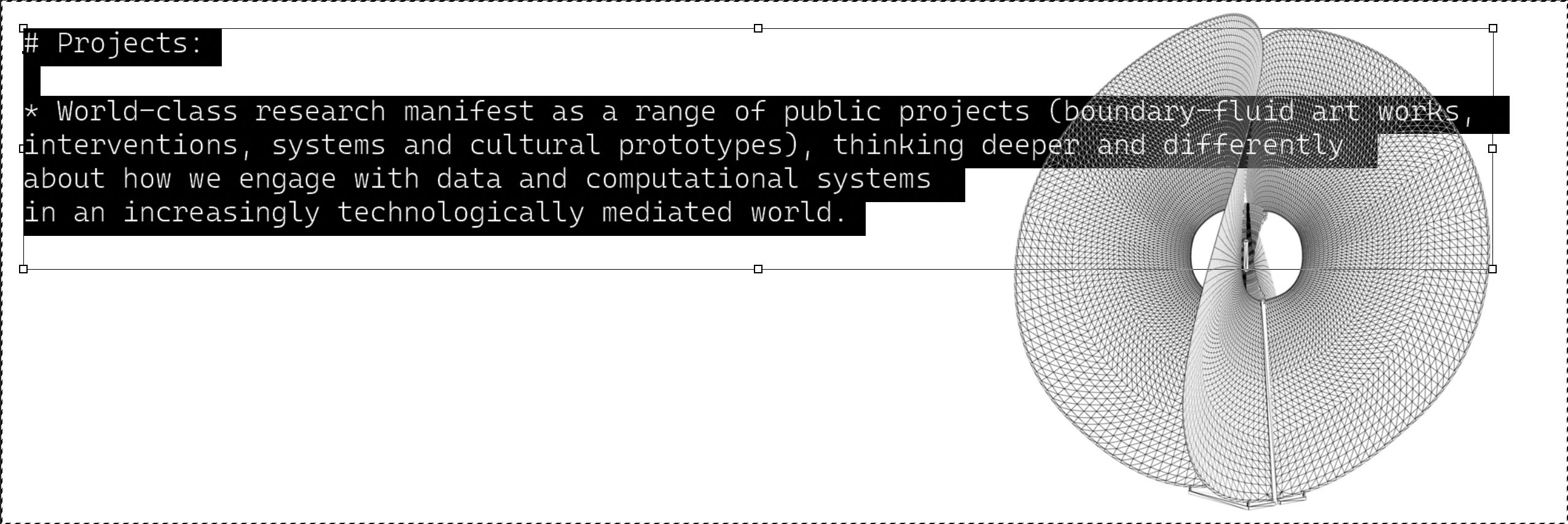
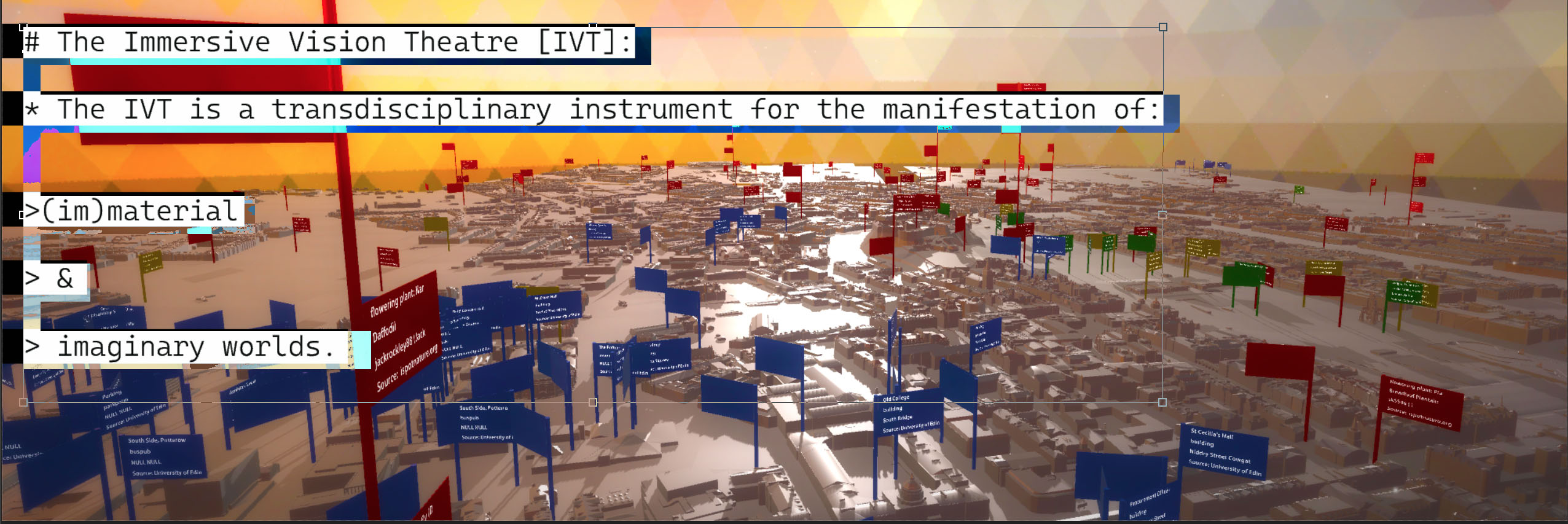
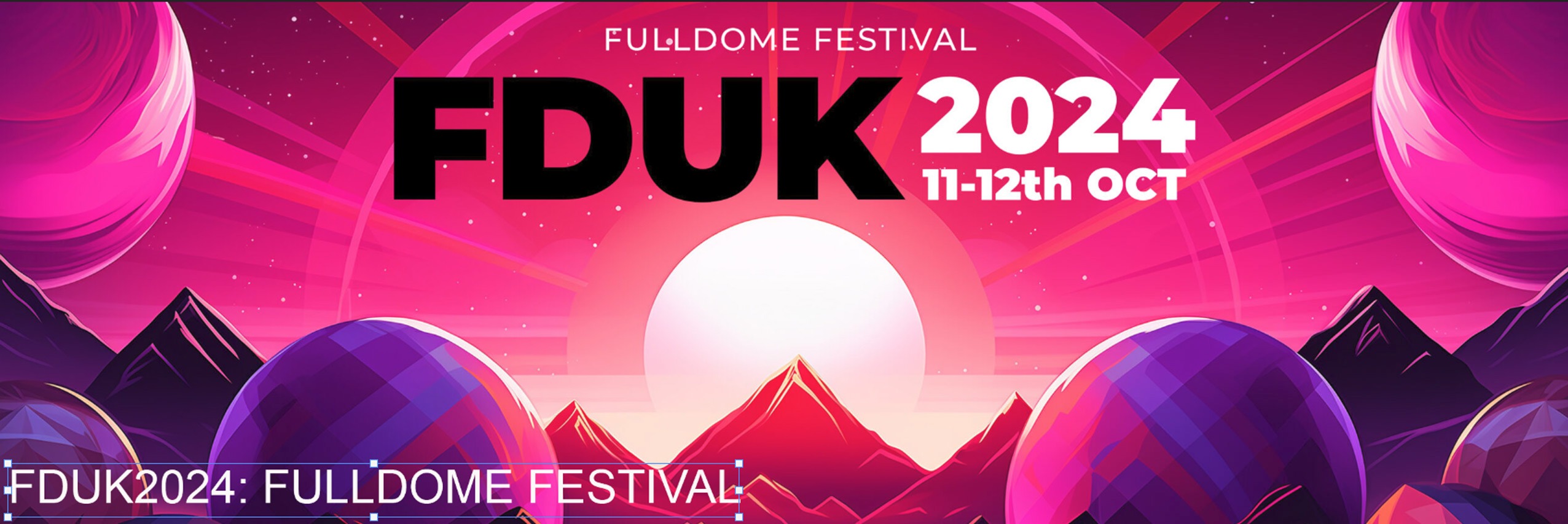


You must be logged in to post a comment.